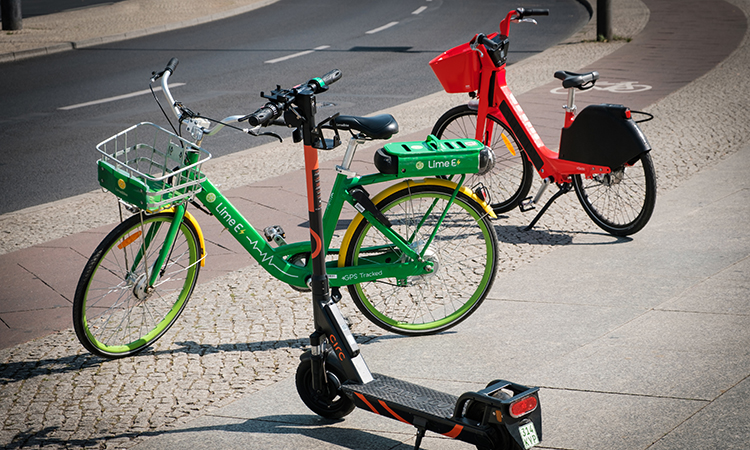Making the most of MaaS during and after COVID-19
- Like
- Digg
- Del
- Tumblr
- VKontakte
- Buffer
- Love This
- Odnoklassniki
- Meneame
- Blogger
- Amazon
- Yahoo Mail
- Gmail
- AOL
- Newsvine
- HackerNews
- Evernote
- MySpace
- Mail.ru
- Viadeo
- Line
- Comments
- Yummly
- SMS
- Viber
- Telegram
- Subscribe
- Skype
- Facebook Messenger
- Kakao
- LiveJournal
- Yammer
- Edgar
- Fintel
- Mix
- Instapaper
- Copy Link
Posted: 17 March 2021 | Piia Karjalainen - MaaS Alliance | No comments yet
Piia Karjalainen, Secretary General of the MaaS Alliance, explains what needs to be done to successfully implement MaaS schemes around the globe, with a strong focus on data sharing and public-private collaboration.


After the pandemic, more than ever, our world will need convenient and smart mobility solutions. With its expected positive impacts in making our transport systems more sustainable and resilient, MaaS has the potential to be the game-changer in everyday mobility. The coming months will present numerous opportunities to upgrade our urban mobility systems and take giant leaps in driving transformation that even a year ago seemed time‑consuming and politically challenging.
Stimulus and recovery packages are now planned in cities and countries across the world to help economies out of the COVID-19 crisis and support future-proof digital and green solutions. Targeted financial and regulatory measures can also be used to support the regional and national MaaS roadmaps and the creation of inclusive and sustainable MaaS ecosystems. With better integrated, multimodal services we can make our transport system more sustainable (with reduced emissions) and efficient (by optimising resources and operations of transport systems), but also more resilient and agile for possible forthcoming crises and disruptions.
Related topics
Business Models, COVID-19, Infrastructure & Urban Planning, Multimodality, On-Demand Transport, Public Transport, Transport Governance & Policy
Related organisations
The MaaS Alliance
Related people
Hans Arby, Jana Sochar








